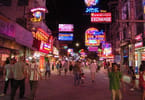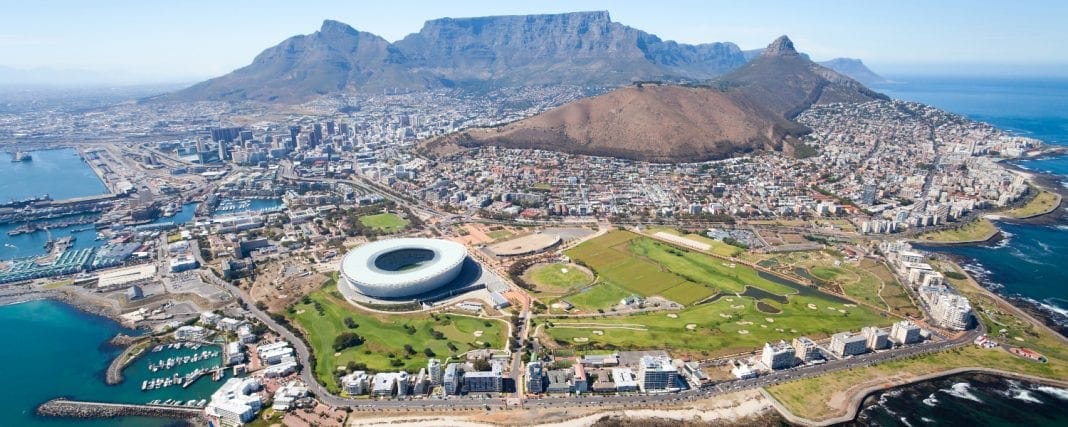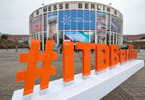BEIJING — Global tourism faces a challenging year due to the downturn but the future is bright, with a growing middle class in emerging markets eager for travel, industry executives meeting in Beijing say.
“We’ll see middle-income classes explode — there will be two billion more with middle income… in the world by 2030,” Goldman Sachs economist Anna Stupnytska said at this week’s Global Travel and Tourism Summit.
“As people get rich, move to the middle class, they spend less money on necessities… and the tourism sector explodes.”
Brazil, Russia, India and China, the world’s top four emerging markets which represent 40 percent of the global population, are the focus of all travel professionals looking for new clientele with money to spend.
But the industry is still trying to recover from a disastrous year in 2009, when the wealth generated by global travel and tourism fell by 4.8 percent.
According to James Robinson, former chief executive of American Express and ex-president of the World Travel and Tourism Council (WTTC), the industry accounts for nine percent of global GDP and employs 235 million people.
The financial crisis and the H1N1 virus hit the sector hard in 2008-9, and 2010 has already brought its own negative surprises — the European debt crisis and huge air traffic disruptions caused by an ash-spewing volcano in Iceland.
The eruption of the Eyjafjoell volcano in April — and the subsequent shutdown of European air space — caused a global loss of 4.7 billion dollars, including 2.5 billion in Europe, according to consultants Oxford Economics.
These losses rose to five billion dollars after the volcano again produced a crippling ash cloud this month, said Adrian Cooper, head of the consultancy.
The global tourism industry is expected to see very slight growth of 0.5 percent this year — not quite a return to pre-crisis levels.
“It’s true that growth will be a little flat this year,” WTTC head Jean-Claude Baumgarten told AFP.
“But there are already positive movements and in the next few years we forecast a stable growth of 4.5 percent a year.”
Hubert Joly, chief executive of hospitality and travel company Carlson, confirmed the forecasts for a upswing.
“We have clear and good recovery since the fourth quarter of 2009,” particularly in the area of business travel, he said.
He said bookings for Carlson Wagonlit Travel were up 10 percent from last year and “that’s essentially corporate travel.”
“The dark clouds essentially are issues… linked to Europe’s sovereign debt woes,” Joly said. “So the financial markets in the last two or three weeks have been much more nervous.”
But this crisis and the subsequent fall of the euro could have an unexpected effect in attracting floods of tourists to Europe.
“US travellers are happy to have a stronger dollar, and corporate travel is not affected by the change in currencies,” Joly said, adding it was too early to say whether European travellers were going to stay in Europe.
Baumgarten said the United States was recovering more quickly than Europe, “because obviously travel and tourism are very linked to economic development.”
According to the OECD, the US economy is expected to grow by 3.2 percent this year and in 2011, whereas growth in the 16 eurozone countries will be 1.2 percent in 2010 and 1.8 percent in 2011.






















